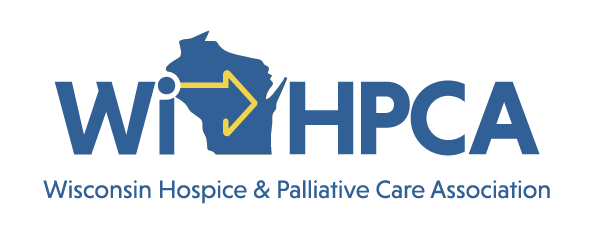WiHPCA works closely with our national partners, including the National Partnership for Healthcare and Hospice Innovation (NPHI), on federal government affairs issues important to our members. Here is the latest federal government affairs news from NPHI:
- NPHI Submits Information to Senate HELP Committee in Response to Healthcare Workforce Crisis RFI
Earlier this month, NPHI responded to the Senate Health, Education, Labor, and Pensions (HELP) Committee Request for Information (RFI) regarding the healthcare workforce crisis. NPHI's response detailed the current status of the end-of-life care workforce, highlighted existing legislation that would address various components of the issue, and proposed additional policy ideas for lawmakers to consider. Specifically, NPHI proposed that the committee consider:
- Revising hospice regulations that prescribe specific disciplines and outcomes;
- Enabling broader use of professionals at lower certification levels;
- Reducing required activities that consume professional staff time with little benefit to patients;
- Allowing for the broader use of telehealth in hospice; and
- Providing funding for interoperability of health IT and data exchange
NPHI looks forward to working with the Senate HELP Committee and other Congressional stakeholders to advance practical, bipartisan solutions to address the ongoing workforce challenges impacting healthcare providers. NPHI's full response to the Committee can be found here.
- NPHI and National Hospice Organizations Request Clarification from CMS Regarding Use of Telehealth to Deliver RHC Following the Termination of the COVID-19 PHE
On Monday, NPHI, joined by LeadingAge, NHPCO, and NAHC, sent a joint letter to CMS requesting clarification on how routine home care (RHC) delivered via telehealth services would be adjudicated following the end of the COVID-19 PHE on May 11, 2023.
During the PHE, CMS affirmed that hospice providers were allowed to provide services to a Medicare patient receiving routine home care through telecommunications. Included in this interim change were details of how hospices were to document the use of these telecommunication services (e.g., they had to be included in the plan of care, tied to patient-specific needs, etc.)
In February, CMS COVID-19 flexibility guidance for hospices declared that “This interim regulatory change (providing hospice routine home care through telehealth) will expire at the end of the PHE.” Hospice providers now face confusion regarding what tools they’re allowed to use to supplement in-person care as they have for years.
As such, the letter requests that CMS clarify the ways that hospices can continue to use communication options to supplement in-person care as they did prior to the PHE.
- Value-Based Insurance Design (VBID) Model
The CMS Center for Medicare and Medicaid Innovation (CMMI) recently announced that the Value-Based Insurance Design (VBID) Model will be extended through calendar year 2030. Additionally, CMMI plans to introduce changes intended to more fully address the health-related social needs of patients, advance health equity, and improve care coordination for patients with serious illness.
Whether this extension will include the Hospice Benefit Component (MA Carve-in) element of the original model or not remains to be seen. NPHI expects to receive additional information from CMMI and will share those developments as soon as possible.
For more information on the current model design, please see CMMI's overview CY24 RFA fact sheet or contact the model team at VBID@cms.hhs.gov.
